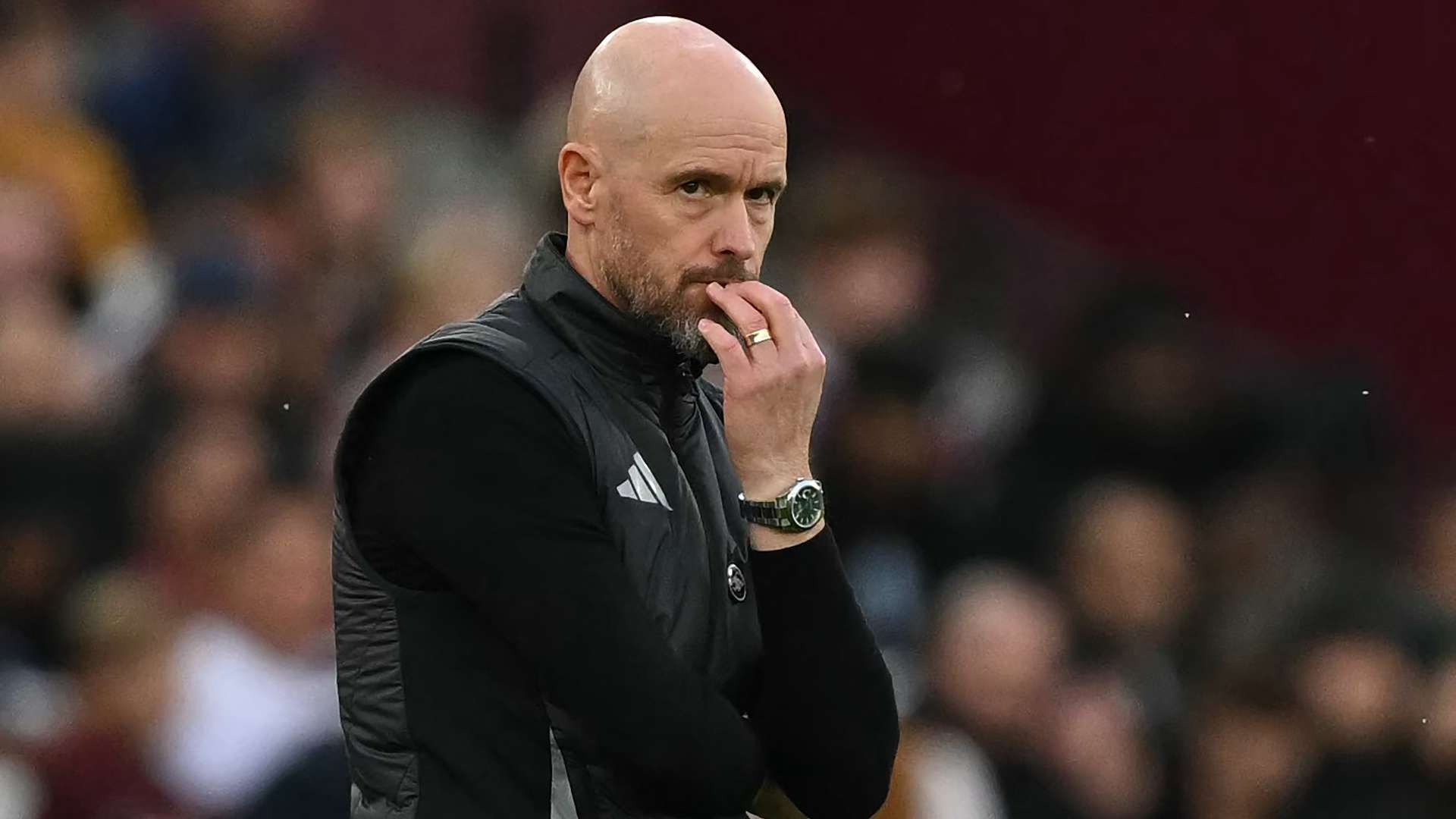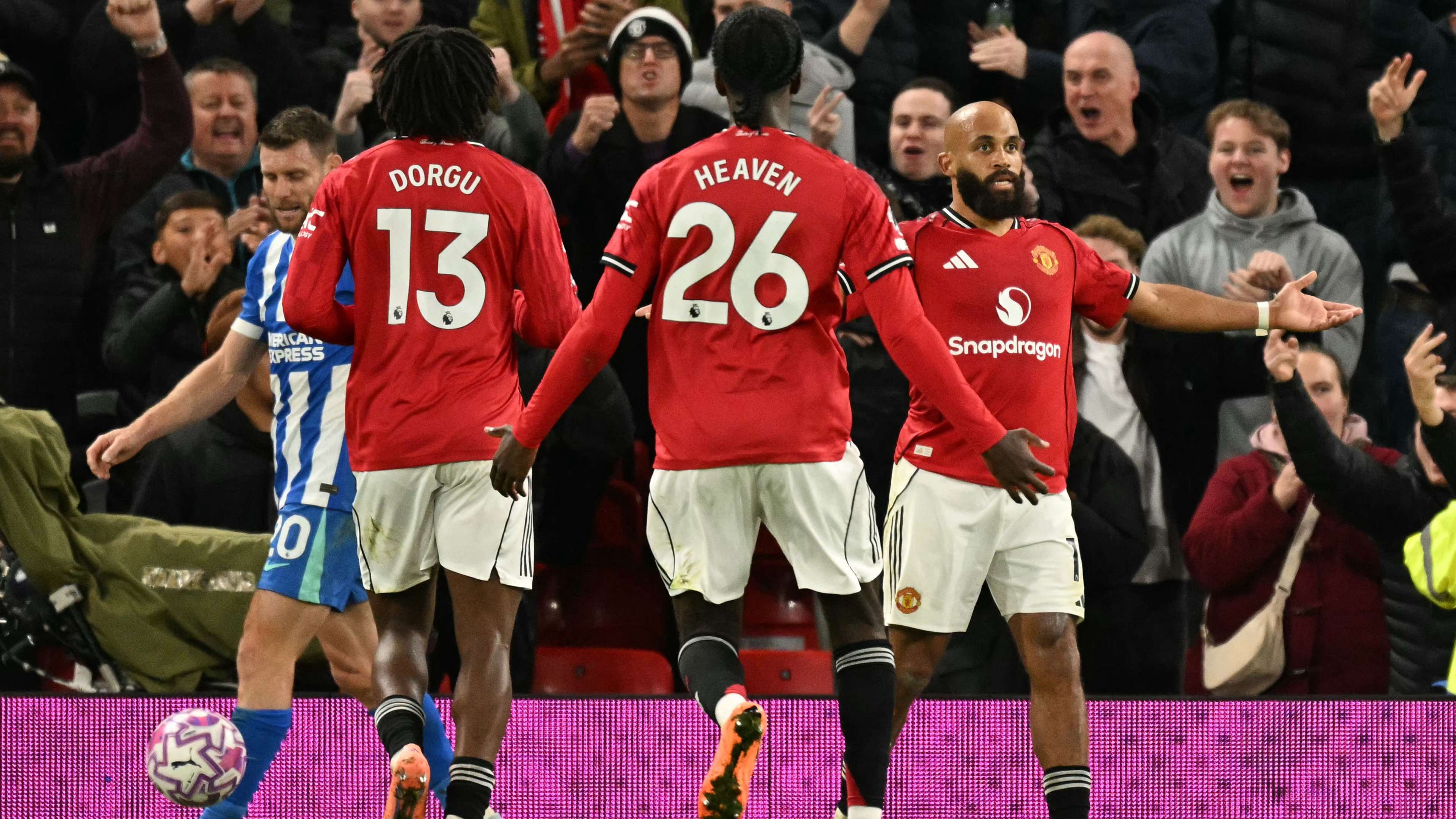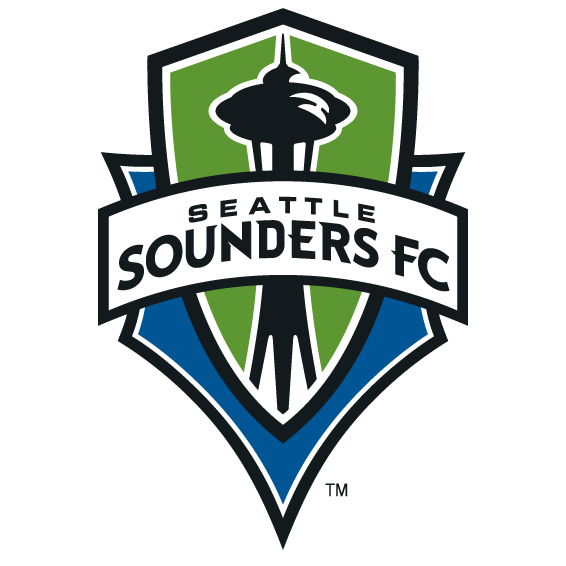
Why Roberto De Zerbi and Thomas Tuchel Rejected the Manchester United Job Before Ruben Amorim’s Appointment
Inside the Red Devils’ Turbulent Search for Erik ten Hag’s Successor
When Manchester United sacked Erik ten Hag in October 2024, the decision sent shockwaves through Old Trafford — but what came next was perhaps even more revealing. Before turning to Ruben Amorim, the club approached Roberto De Zerbi and Thomas Tuchel, two of Europe’s most sought-after tacticians. Both managers, however, turned down United’s offer, forcing the hierarchy to rethink their entire recruitment strategy.
Now, months later, insider reports from The Athletic’s Andy Mitten have shed light on the full story — from backroom meetings in Monaco to the failed negotiations that shaped United’s future.
The Fall of Ten Hag and United’s Managerial Crisis

By May 2024, it was already clear within the club that Erik ten Hag’s reign was reaching its end. Despite leading United to an FA Cup victory over Manchester City that same month, the relationship between the Dutchman and the club’s hierarchy had deteriorated beyond repair. A string of poor performances, dressing room tension, and stalled progress on the pitch pushed new co-owner Sir Jim Ratcliffe and incoming CEO Omar Berrada to make a decisive change.
Behind closed doors, United executives held a key meeting in Monaco, where the decision to move on from Ten Hag was finalized. The club then initiated a data-led managerial search, though sources close to Old Trafford admit that United’s in-house analytics weren’t exactly cutting-edge.
Still, they used the data to shape a profile: a coach who could play dynamic, possession-based football in a 4-3-3 system, develop young players, and restore a winning culture. That process led to an initial shortlist that included Thomas Tuchel, Mauricio Pochettino, Roberto De Zerbi, Thomas Frank, Marco Silva, and Graham Potter.
At first, Ruben Amorim wasn’t even in the picture. The focus was on Premier League-proven names — but as the search dragged on, Amorim’s reputation as one of Europe’s brightest young minds started to gain traction.
Why United Wanted Tuchel and De Zerbi
Both Tuchel and De Zerbi checked multiple boxes for United’s leadership team.
Tuchel, fresh from a turbulent spell at Bayern Munich, brought experience at the very top level — a Champions League-winning coach with Chelsea, known for tactical sophistication and an ability to navigate big egos.
De Zerbi, on the other hand, was seen as the future of modern coaching. His work at Brighton & Hove Albion had transformed the Seagulls into one of Europe’s most progressive sides, earning him admiration across the footballing world. His daring, risk-heavy philosophy was viewed as a breath of fresh air — something United desperately needed.
Insiders say United “leaned towards Tuchel and De Zerbi” as their primary choices. Both men were interviewed and engaged in discussions with club officials — but things quickly became complicated.
Thomas Tuchel: A Brilliant Fit Who Needed a Break
Just two weeks after United’s FA Cup triumph, Tuchel flew to Monaco for face-to-face talks with United’s top brass. By all accounts, the meeting went extremely well. Tuchel was described as “articulate, insightful, and deeply engaged” — a coach who understood both the magnitude of the United job and the challenge it posed.
However, the timing was wrong.
After his tumultuous exit from Bayern Munich, Tuchel was emotionally and mentally drained. He made it clear that he needed a break from football before taking on another high-pressure role.
Despite United’s insistence and their willingness to offer a competitive contract, Tuchel declined. He wasn’t ready to jump back into the relentless intensity of Premier League management.
In hindsight, it was a missed opportunity for both sides — but one that arguably paved the way for United’s eventual turn toward a younger, long-term project under Amorim.
Roberto De Zerbi: The Maverick Who Said No
With Tuchel out of the picture, Roberto De Zerbi quickly became the frontrunner. United saw in him a manager who could bring flair, modern structure, and attacking football back to Old Trafford.
Talks progressed quickly, and the club presented financial terms they believed to be fair. However, that’s where things broke down.
De Zerbi and his representatives rejected the offer outright, deeming it below what a coach of his profile and ambition deserved. United, perhaps wary of overcommitting financially after years of heavy spending, refused to improve their proposal.
It was a short-lived courtship that ended as abruptly as it began.
De Zerbi eventually accepted a move to Olympique de Marseille, where he continues to build his managerial résumé — albeit on a smaller stage. Ironically, his wages in France are reportedly lower than what he would have earned at United, but sources suggest the Italian valued autonomy and control over the squad more than money.
The Ruben Amorim Solution
When De Zerbi and Tuchel both declined, United had to pivot — fast. That’s when Ruben Amorim’s name resurfaced.
Director of Football Jason Wilcox, who had worked extensively on the shortlist, reached out to his contacts in Portugal. The message was clear: Amorim was “the next great coach in European football.” His work at Sporting CP — blending youth development, tactical discipline, and attractive football — impressed everyone involved in the decision-making process.
Despite lacking Premier League experience, Amorim embodied the modern football identity that United wanted. After days of talks, he accepted the job, officially arriving at Old Trafford on November 1, 2024.
Amorim’s Early Struggles at Old Trafford

The Ruben Amorim era didn’t start smoothly. United finished the 2024-25 season in 15th place, their worst league finish in 50 years, and lost the Europa League final to Tottenham Hotspur.
Fans were frustrated, critics were circling, and questions were raised about whether Amorim was out of his depth.
However, the tide seems to be turning. In the 2025-26 campaign, United have begun to show signs of progress — including a crucial win at Anfield against champions Liverpool and three consecutive league victories that have lifted the mood around Carrington.
Amorim’s football remains a work in progress, but there’s a sense that the club is finally building for the long term instead of chasing quick fixes.
What This Saga Says About United’s New Direction
The saga involving Tuchel, De Zerbi, and Amorim says a lot about where Manchester United stand as a club.
For years, United’s managerial appointments — from David Moyes to José Mourinho to Ole Gunnar Solskjær and Ten Hag — were defined by short-term thinking. But under the INEOS regime and Ratcliffe’s oversight, there’s a clear shift toward data-driven recruitment and strategic planning.
Tuchel and De Zerbi were both logical targets, but their refusals may have inadvertently worked in United’s favor. Amorim, though still inexperienced at this level, represents a fresh start — one that aligns with the club’s renewed vision for sustainable success.
Final Thoughts: A Sliding Doors Moment
In football, timing is everything.
Had Tuchel accepted, United might have enjoyed a quick resurgence under a proven winner. Had De Zerbi agreed, Old Trafford could have witnessed one of Europe’s most daring tacticians reshape the club’s identity.
Instead, United found themselves with Ruben Amorim — a young, ambitious coach who embodies the future rather than the past. His start may have been rocky, but his philosophy and hunger are gradually taking root.
Sometimes, the best appointments come after rejection — and for Manchester United, this might just prove to be one of those moments.


























There are no comments yet. Be the first to comment!